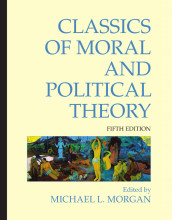Legislative powers
4 important questions on Legislative powers
In 1979, the EP was limited to what?
The EP's scope remained fairly limited until 1986, when the first major increase in its legislative power came with the introduction of what?
The cooperation procedure was repealed by the Lisbon Treaty in 2009, but its introduction was a turning point for the EP. It paved the way for further increases in the EP's powers in the Maastricht Treaty, which introduced the co-decision procedure, renamed in the Treaty of Lisbon as the OLP. The OLP makes the EP a what?
- Higher grades + faster learning
- Never study anything twice
- 100% sure, 100% understanding
Whilst the introduction of cooperation increased informal contacts between the Commission and the EP, the OLP has facilitated what?
The question on the page originate from the summary of the following study material:
- A unique study and practice tool
- Never study anything twice again
- Get the grades you hope for
- 100% sure, 100% understanding































